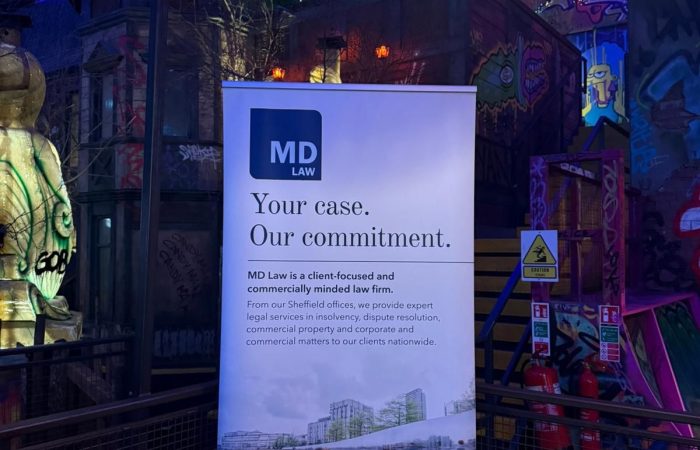A Critical Analysis
The preparation of a party’s witness statement is perhaps the most important step in the lead up to a trial. However, it has long since been recognised that the reliability of such evidence is, like many other aspects of life, subject to the inherent fallibility of human memory.
As I can attest from my own experience as a witness, human memory is not a perfect recording of events but rather a reconstructive process. Memories can be influenced by various factors, including stress of the circumstances in which the memory was created, the passage of time, and external suggestions.
Practice Direction 57AC
In response to concerns about the reliability of witness statements, the Business and Property Courts introduced new rules in April 2021. These rules, prescribed by Practice Direction 57AC (“PD57AC”), aim to ensure that witness statements provide the best evidence of a witness’s true recollection.
The Statement of Best Practice appended to PD57AC outlines several key principles:
- Witness statements must be confined to matters of personal knowledge.
- Recollections should be elicited through open questioning.
- Statements should be prepared using as few drafts as possible to avoid corrupting memory.
- Witnesses should not speculate or provide commentary on documents they did not create or see at the time of the events in question.
The Court’s approach to the fallibility of witness statement evidence
In Gestmin SGPS SA v Credit Suisse (UK) Ltd [2013] EWHC 3560 (Comm), [2020], Judge Leggatt (as he then was) addressed the fallibility of witness testimony and the importance of documentary evidence. At paragraph 20 of his judgment, the Judge stated,
“Considerable interference with memory is also introduced in civil litigation by the procedure of preparing for trial. A witness is asked to make a statement, often (as in the present case) when a long time has already elapsed since the relevant events… The statement is made after the witness’s memory has been “refreshed” by reading documents. The documents considered often include statements of case and other argumentative material as well as documents which the witness did not see at the time or which came into existence after the events which he or she is being asked to recall… The effect of this process is to establish in the mind of the witness the matters recorded in his or her own statement and other written material, whether they be true or false, and to cause the witness’s memory of events to be based increasingly on this material and later interpretations of it rather than on the original experience of the events.”
Whilst the comments of Lord Leggatt are accurate, the utility of contemporaneous documents was also called in question in the recent decision of Jaffe v GreyBull Capital LLP, in which Judge Cockerill cautioned that even contemporaneous documents may be unreliable, being the product of “encoded” memory that does not reflect what actually occurred but can be the product of matters like pride or wishful thinking.
Conclusion
Notwithstanding the issues surrounding the reliability of witness statement evidence, it remains a cornerstone of the Court process. As such, lawyers must remain cognisant of the very practical advice provided by PD57AC in the preparation of witness statement evidence, and the Courts will, no doubt, keep in mind the fallibility of human memory when assessing such evidence.
How can we help?
Our Dispute Resolution team have a wealth of experience in advising on complex litigation ranging from contract disputes through to professional negligence and construction claims. They will provide you with honest, easy to understand advice from the outset and will work with you to achieve the best outcome in your case. Book your free consultation here to discuss your case or dispute or you can contact us on 0114 299 4890.


